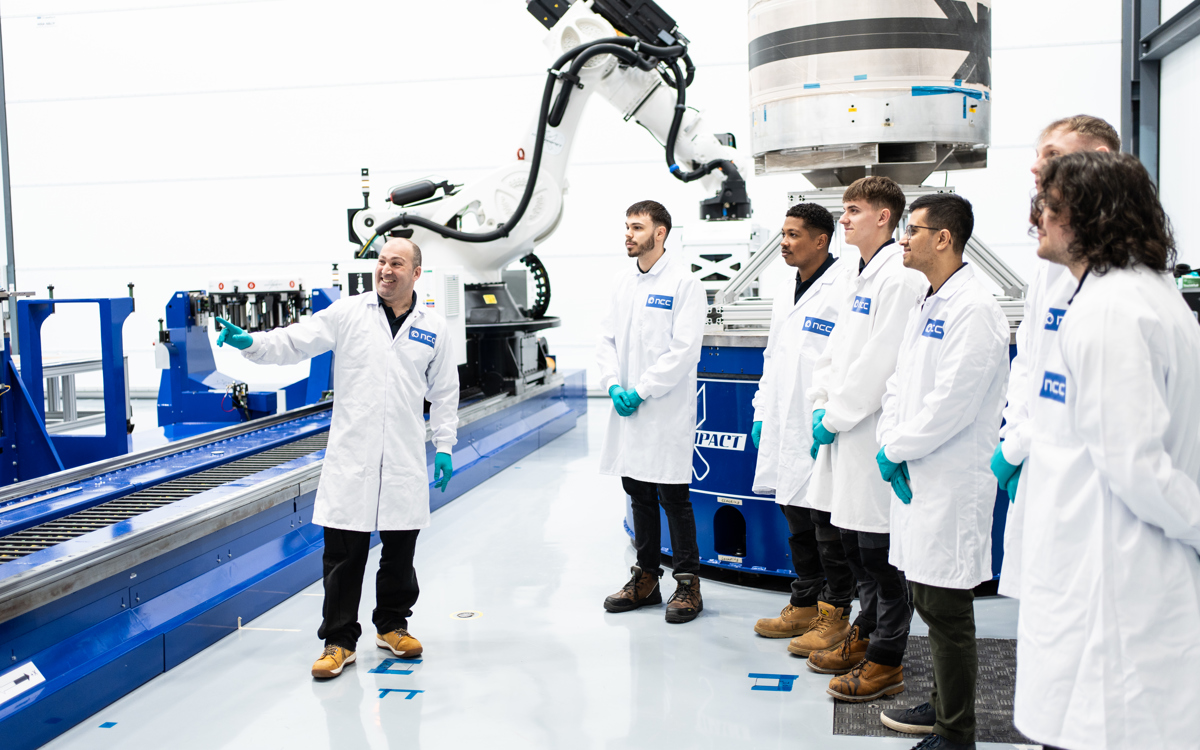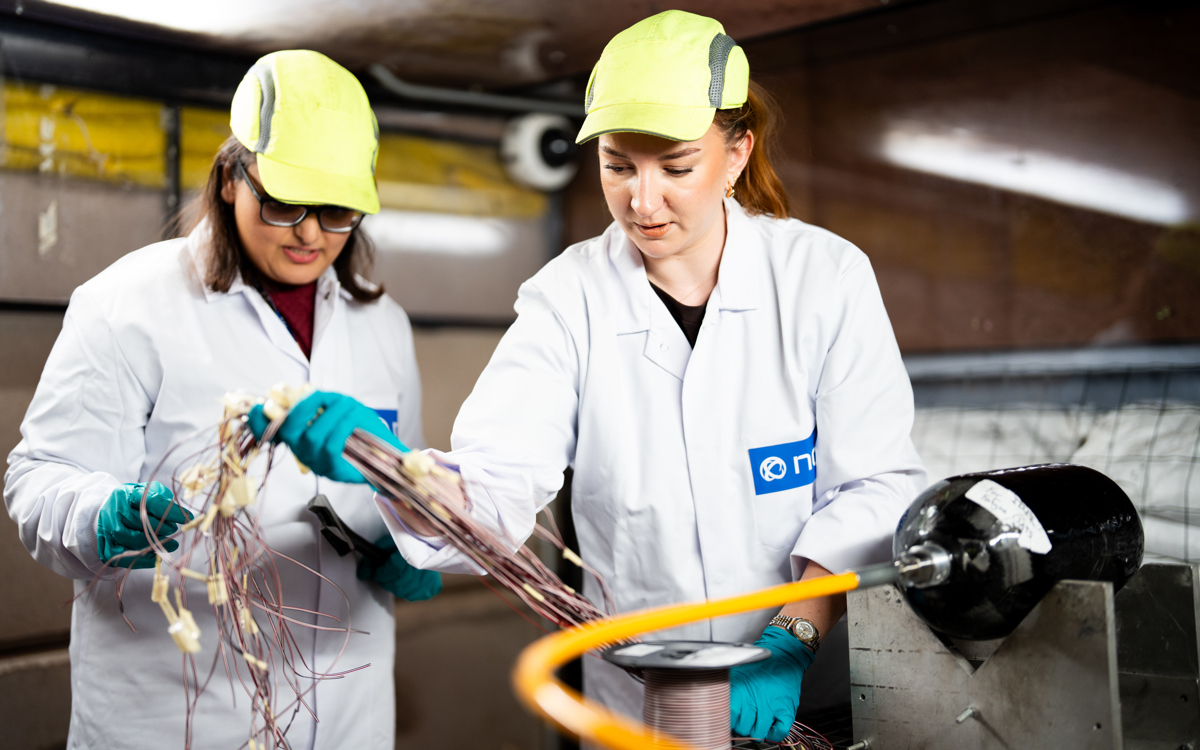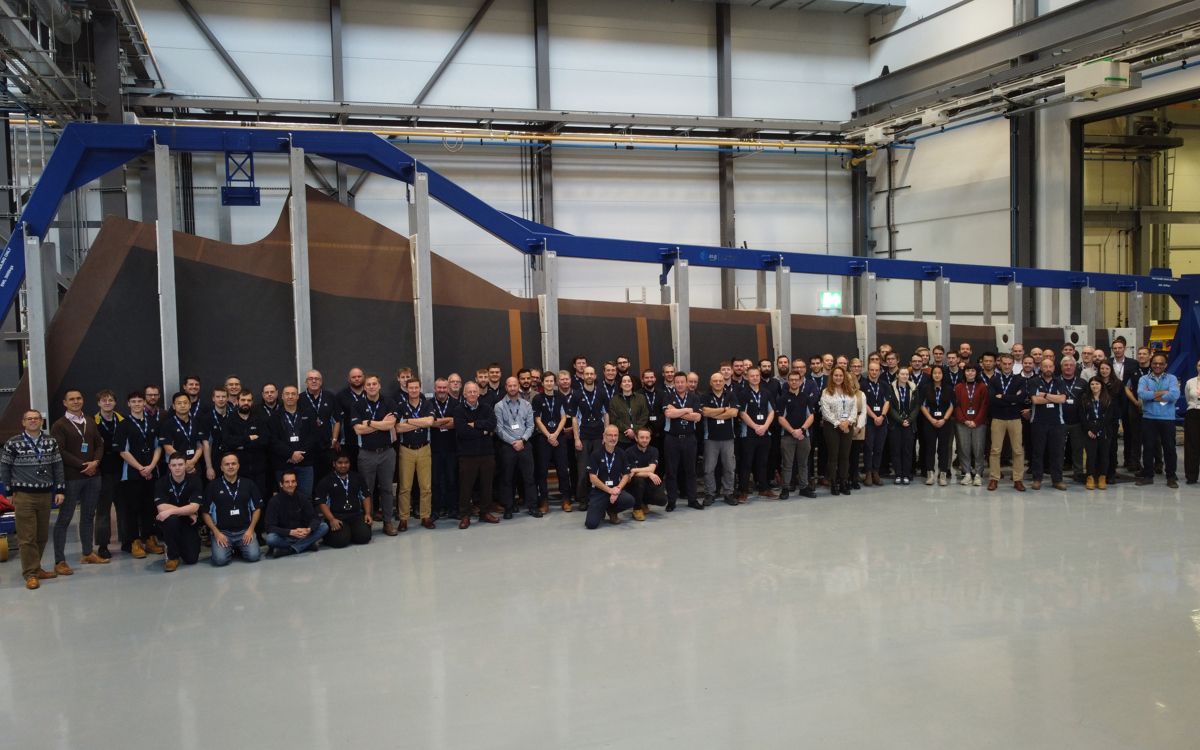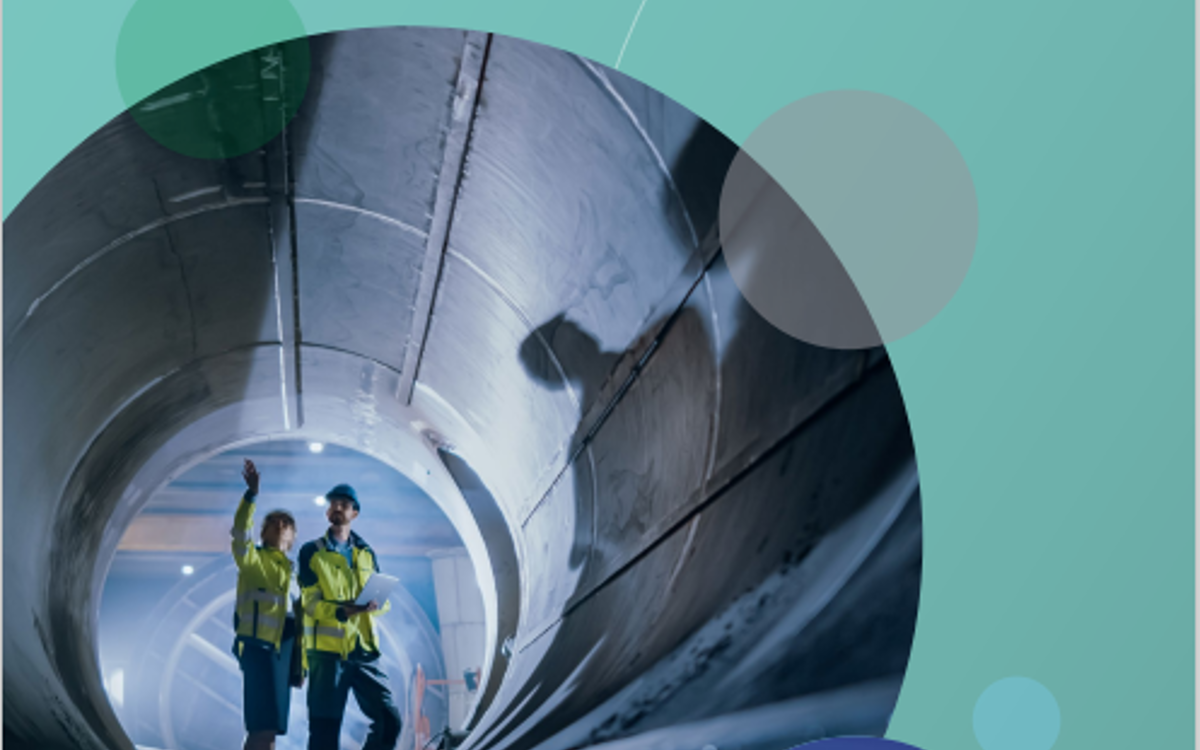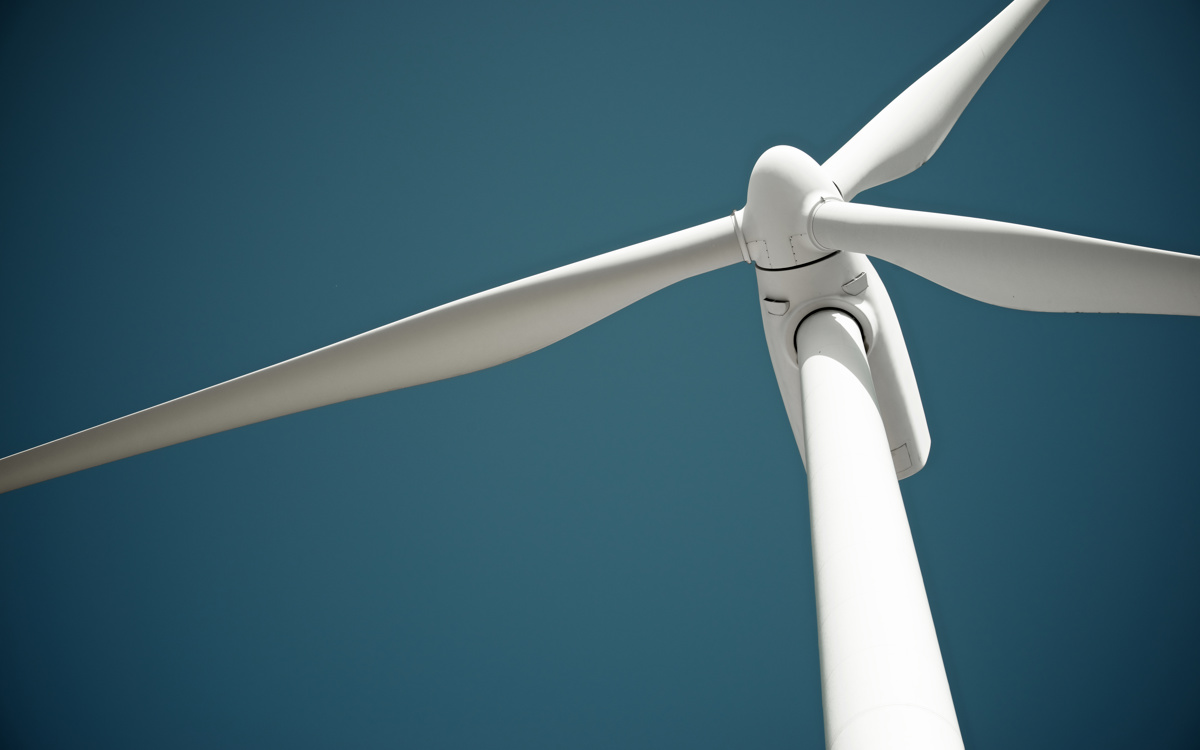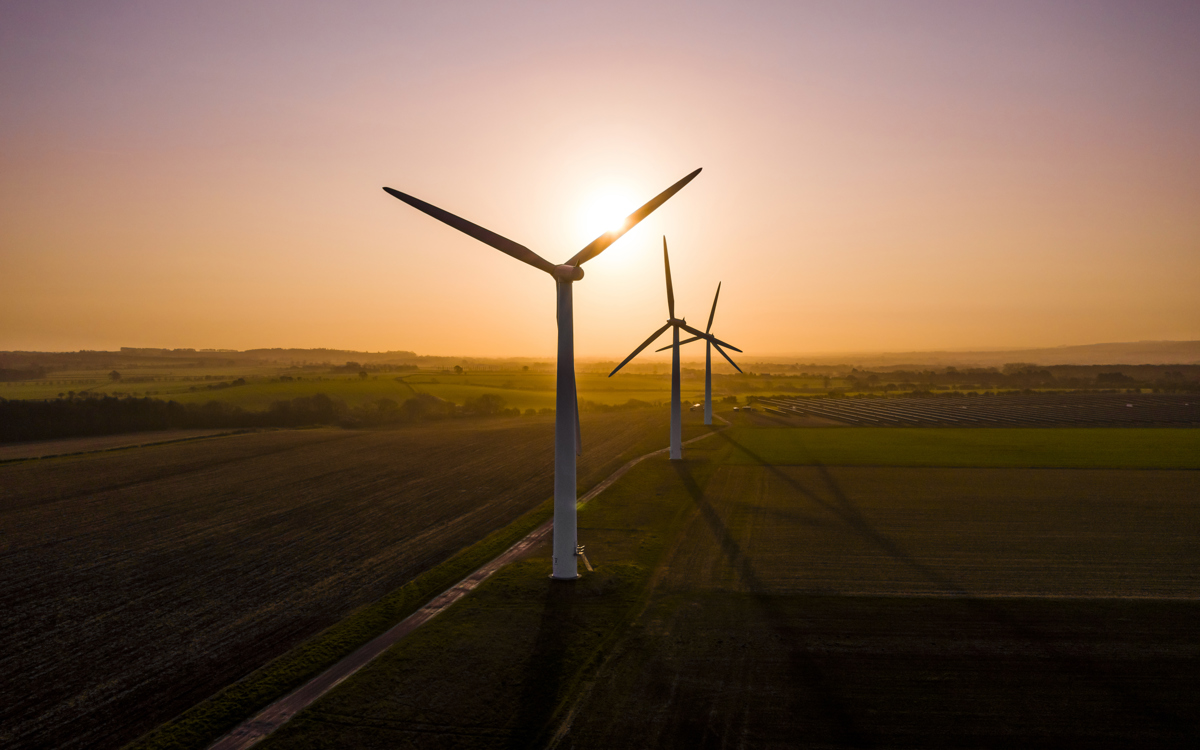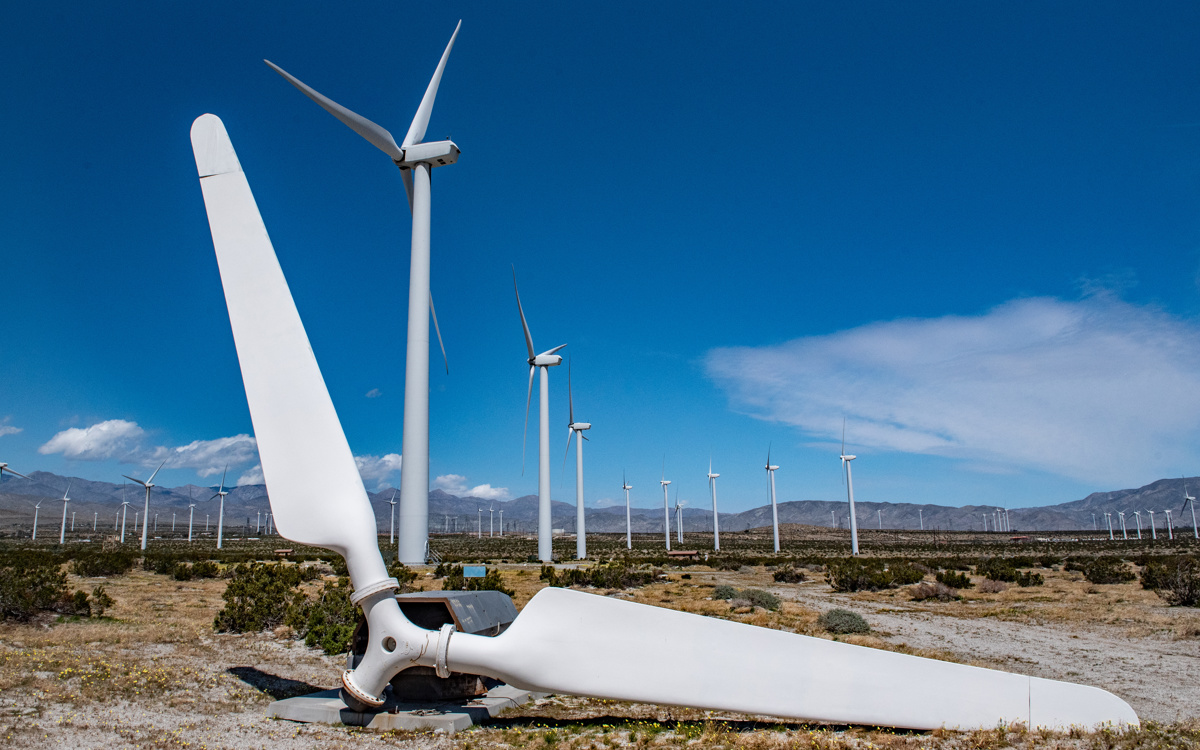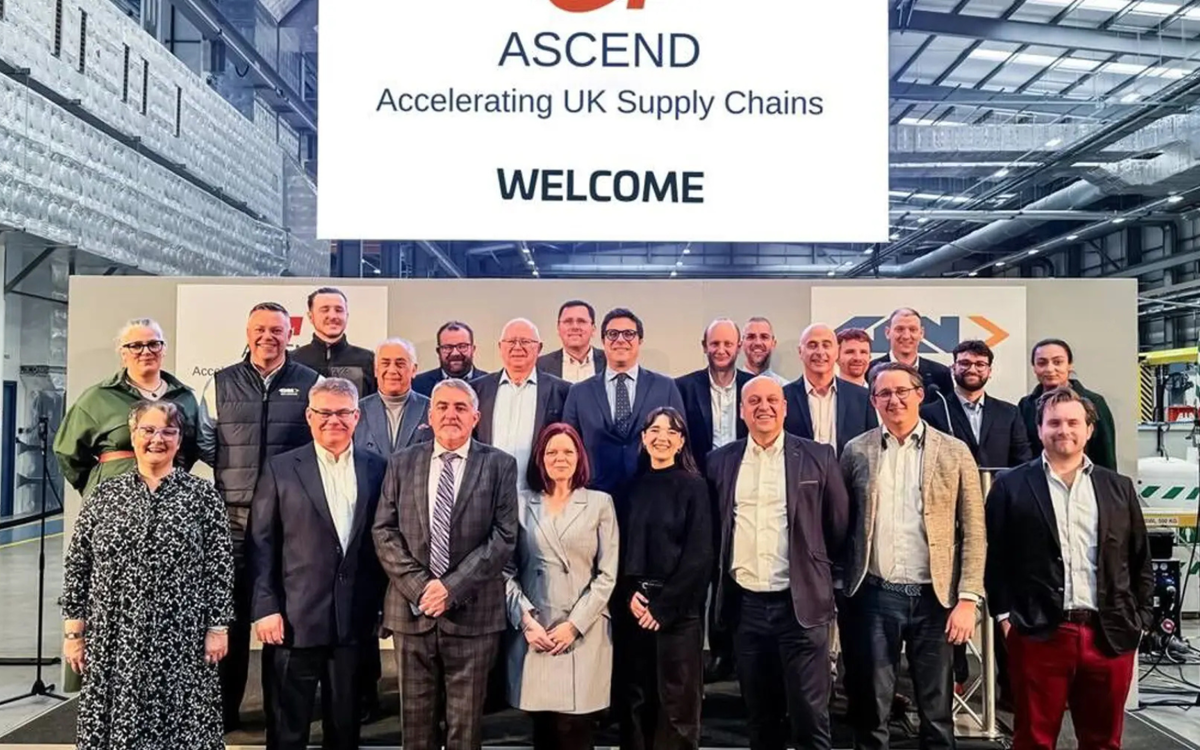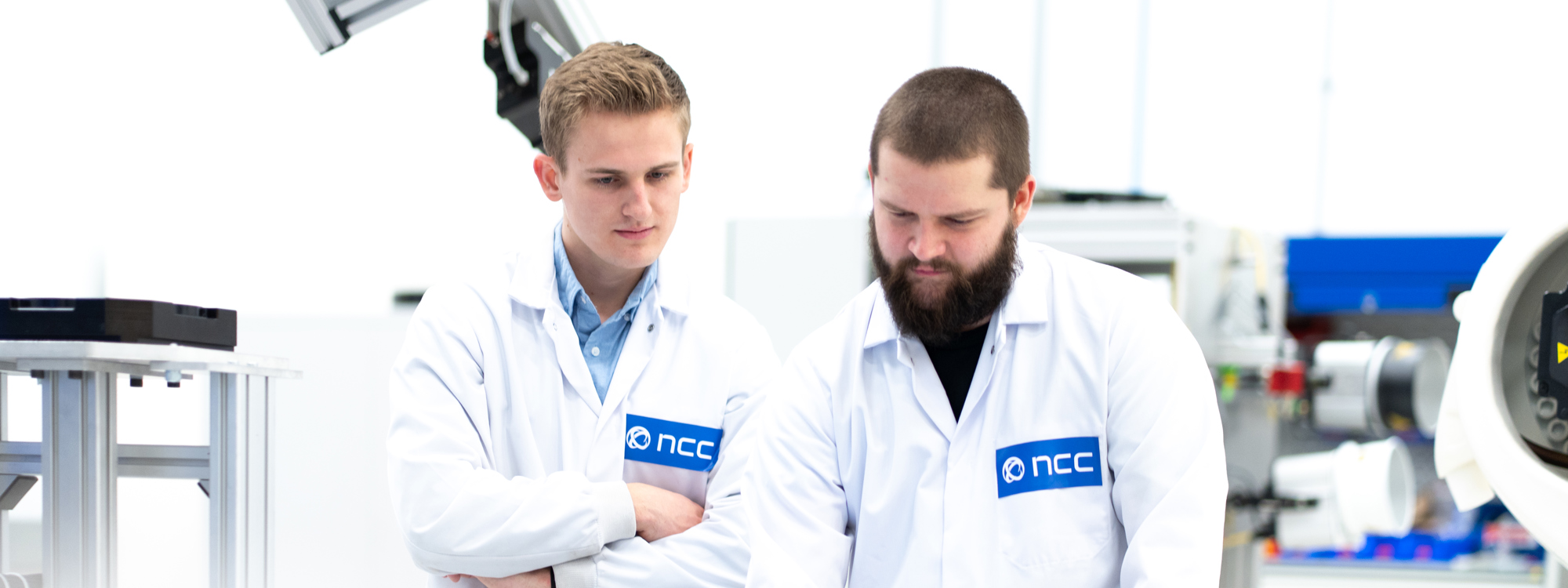
Our mission is to transform today’s industries and create tomorrow’s
We are NCC, a world-leading innovation organisation that transforms cutting edge research and technology into industrial impact.
We bridge the gap between academia and industry, helping companies of every size to capitalise on cutting-edge innovation to deliver more. An extension of our customers' capabilities, we demonstrate and de-risk new product development and manufacturing to validate technologies at rate and scale. We do this across the entire product lifecycle, from the earliest concept to end-of-life.
We provide businesses access to £300m state-of-the-art innovation facilities, engineering expertise, and leading research. A key partner in globally significant innovation programmes, we work with businesses of every size to get new technologies, product and processes to market fast.

Download the corporate brochure
Download our corporate brochure to find out more about our capabilities and how we can support your business.
Innovating for industry
We provide a gateway to world-class expertise, advanced facilities, and industrial collaboration. A not-for-profit organisation, we leverage these assets to complement our customers’ capabilities, helping them to develop their people, to grow, compete, and succeed through technology and product leadership.
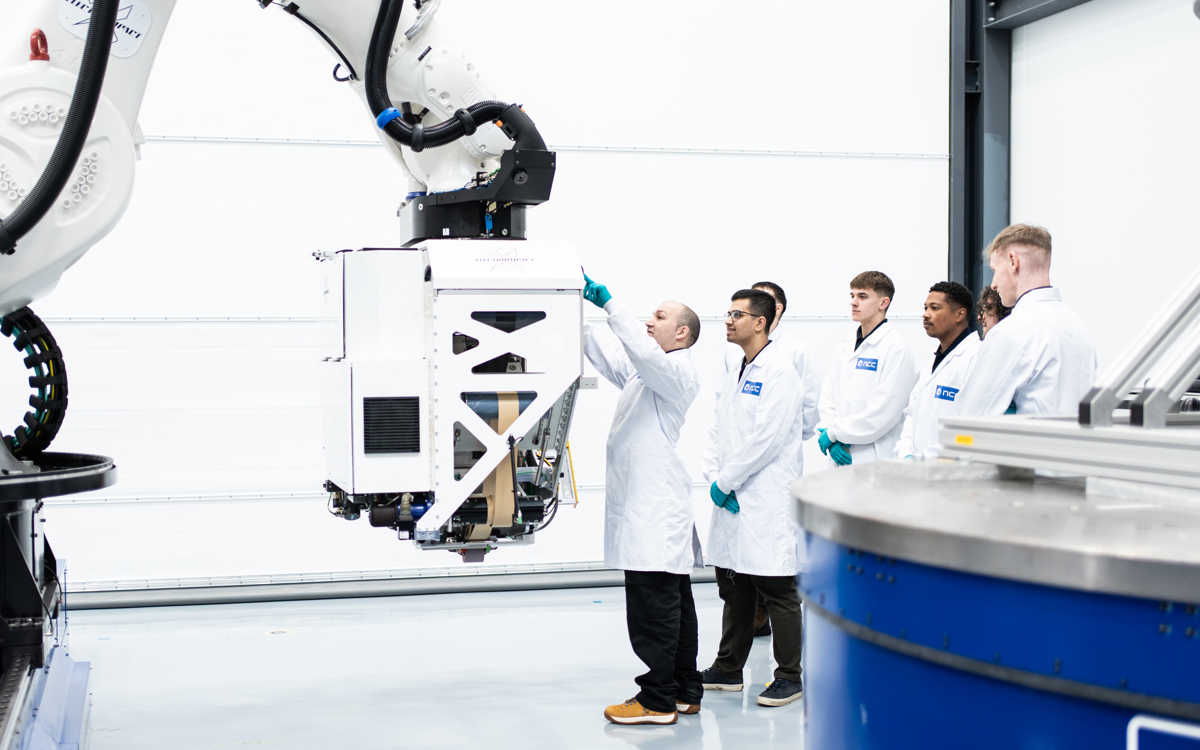
Discover more
We provide a gateway to world-class expertise, advanced facilities, and industrial collaboration. A not-for-profit organisation, we leverage these assets to complement our customers’ capabilities, helping them to develop their people, grow, compete, and succeed through technology and product leadership.


